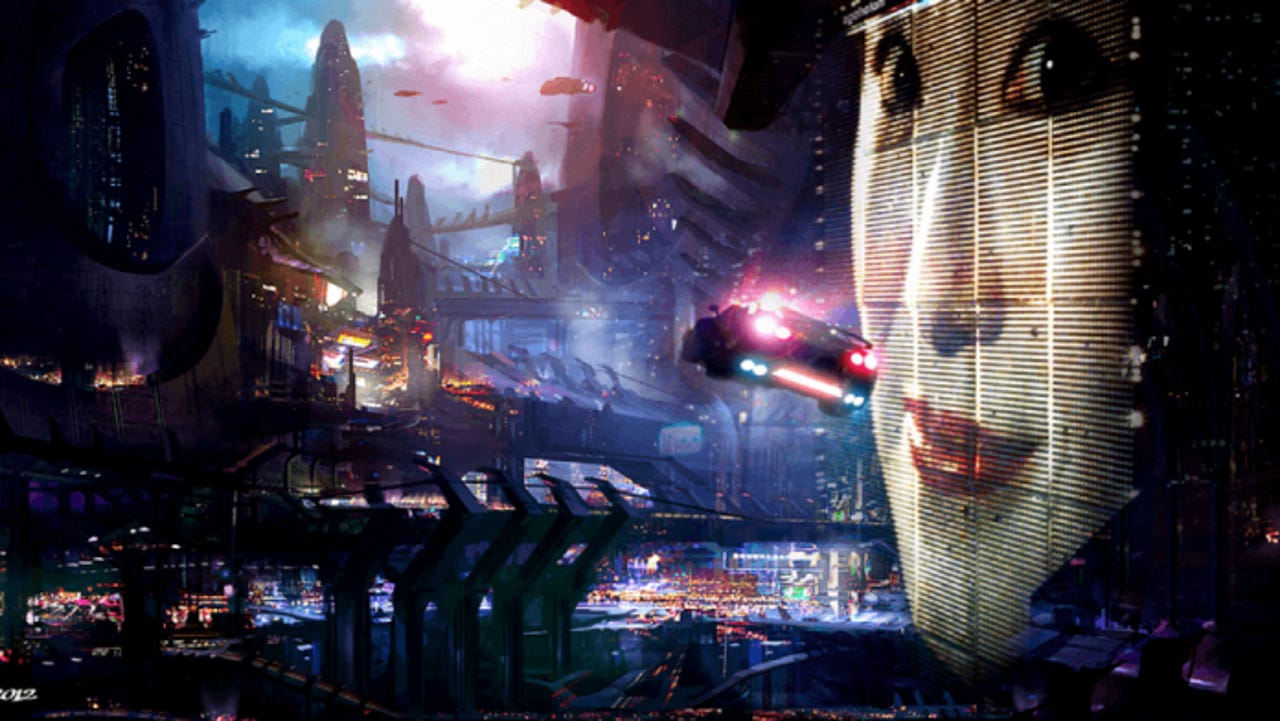Hyperloops and air taxis: Here's what life might look like in 2030


Blade Runner came out in 1982 and made some dazzling predictions for what the world of 2019 would look like. Some were right. Others? Less so. Unless your last name is Kurzweil, it's tough to forecast more than thirty years of technological advancement.
But what about a measly decade? Do you have a sense what the city of 2030 will look like? Consumer expectations don't always align with reality, but they can serve as important markers of market preparedness for new technologies.
That's why I was interested to get an early look at some results from a survey on consumer predictions for the next decade conducted by research firm CITE and commissioned by French 3D design & engineering software company Dassault Systemes. CITE surveyed a representative group of 1000 American consumers in the areas of home, travel, health, and retail. The topline results, not surprisingly, point to increased autonomy and connectivity throughout daily life, but a closer examination reveals surprising consumer confidence in the trajectory of several currently experimental technologies.
In the area of health, for instance, more than 80 percent of respondents believe personalized preventative health plans based on behavior, nutrition, and other factors will be standard in 2030. The concept is akin to usage-based car insurance, and it will require a careful symphony of predictive analytics, remote sensors, and big data to realize. That's to say nothing of privacy challenges, which have plagued debates about usage-based car insurance. Given the major regulatory and political challenges inherent in any healthcare transition, consumer expectations in this area seem optimistic.
Perhaps more realistically, 80 percent of respondents believe that the healthcare industry will have largely sorted out the current electronic records system fiasco by 2030. Interoperability between records systems is abysmal, but progress is being made and consumers seem confident that in the next decade records will be fully electronic.
A large number of respondents (75 percent or greater) believe the next decade will see far greater at-home treatment dispensing and the arrival of personalized treatments based on genomics. Thanks to 3D printing technologies, respondents are also confident we'll have broad access to custom-made prosthesis orthopedics (78 percent).
In the area of transportation, it's clear consumers are paying attention to coverage of (some might say "hype around") EVs, air taxis, and hyperloops. More than half of respondents expect to be using an autonomous vehicle (63 percent), a driverless vehicle (57 percent), or a hyperloop rail (51 percent). Perhaps a safer bet, about three-quarters of respondents say they're likely to have hybrids (75 percent expect to use a full hybrid by 2030, 71 percent expect to use a plug-in hybrid or electric vehicle).
Surprisingly, a full 38 percent of respondents believe it's at least somewhat likely that we'll be using air taxis or passenger drones within a decade.
In what could be good news for commuters, respondents were bullish on smart parking systems on city streets that direct drivers where to find open spots, with 75 percent of respondents believing such systems are likely to exist. Americans also believe connected, smart cities will use lots of data to mitigate traffic snarls -- good news for those of us in California.
Data privacy, clearly a headline concern right now, will probably be a big concern in the future, as well. Despite near-constant coverage of breaches and misuse of personal data, a full 41 percent of respondents believed they'd be giving their personal data to corporations to improve services. Hard to say if that's naive or painfully realistically of them.
The trends that have only recently started emerging in retail are also likely to continue. Those include ultra-fast delivery of any product anywhere on earth, an increased awareness of sustainability in consumption, and, according to 76 percent of respondents, the annihilation of the human cashier.
What do you think is in store for 2030? Hit the comments to give a guess. And if your *is* Kurzweil, drop me a DM with some tech tips.